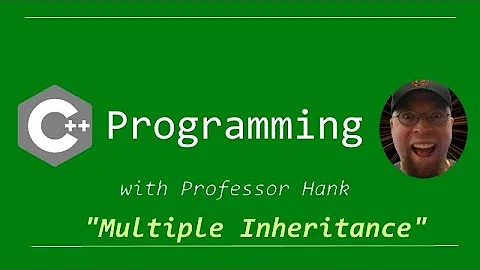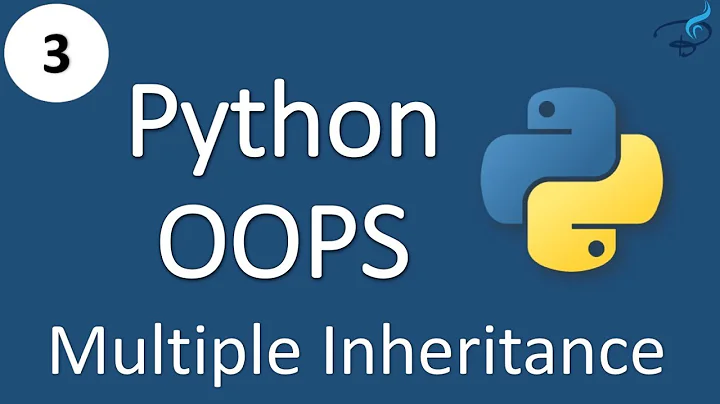Multiple inheritance casting from base class to different derived class
Solution 1
No. This is not possible (direct casting from A* to B*).
Because the address of A and B are at different locations in class C. So the cast will be always unsafe and possibly you might land up in unexpected behavior. Demo.
The casting should always go through class C. e.g.
A* pa = new C();
B* pb = static_cast<C*>(pa);
^^^^ go through class C
Solution 2
The way to go from any type to any other is dynamic_cast.
But it requires the object to be polymorphic.
In general this requires a v-table to be associated to both A and B, so:
if A and B have at least one virtual function, and RTTI is not disable,
A* pa1 = new C;
A* pa2 = new A;
B* pb1 = dynamic_cast<B*>(pa1);
B* pb2 = dynamic_cast<B*>(pa2);
will result in pb2 to be null, and pb1 to point to the B part of the object containing *pa1 as its A part. (The fact it's C or whatever other derived from those two bases doesn't matter).
Otherwise, where all needs to be static, you have to go through C
B* pb = static_cast<B*>(static_cast<C*>(pa));
Note that static_cast<B*>(pA) cannot compile, being A and B each other unrelated.
Solution 3
Yes, you should first static_cast object to C*, then you can static_cast it again to B (although this last cast is not needed, since is a standard conversion). I'm not sure if static_casting object directly to B would work, try and see if you get compiler errors. reinterpret_casting object to B would get you a runtime crash, since A and B would have different addresses if they are both non-empty.
Edit After you changed the question, it is no longer possible to do what you want. You need to know the correct path up and down the inheritance tree, as casting in a scenario with multiple inheritance with non-empty classes implies shifts in the pointer.
Related videos on Youtube
Andrew
Software Development Engenier, Microsoft http://ru.linkedin.com/pub/andrew-vorobyev/48/2b2/bab
Updated on April 27, 2020Comments
-
Andrew about 4 years
Let's assume there is such class hierarchy:
class A //base class class B //interface class C : public A, public BThen C object is created:
A *object = new C();Is it possible to cast object to B ?
Important: I assume I don't know that object is C. I just know that it implements interface B
-
Andrew almost 13 yearsThanks. The unexpected behavior is exactly what i had)
-
Andrew almost 13 yearsBut i can't figure out why dynamic_cast went ok
-
iammilind almost 13 years@Andrew,
dynamic_cast<C*>is also valid and it will work (provided the classes are polymorphic); becauseCis really a subclass ofA. However, in this casestatic_cast<C*>will be a better idea as it happens at compile time. -
Den-Jason about 4 years"The way to go from any type to any other is dynamic_cast." This is incorrect; to resolve a downcast you need to use dynamic_cast, to resolve an upcast you can use static_cast. You can also use dynamic_cast, but it is unnecessary.
-
Emilio Garavaglia about 4 yearsI stated "from any to any". If you distinguish down from up, it will be "any to some", IMHO. And then: what's the point to say it's "incorrect" if you than admit it works?
-
Hill almost 3 yearsI use reinterpret_casting, no crash happens, why?






